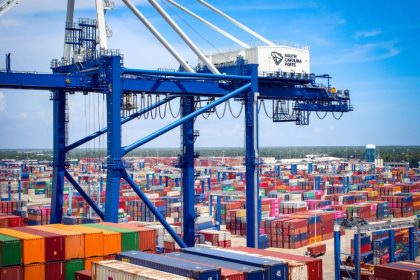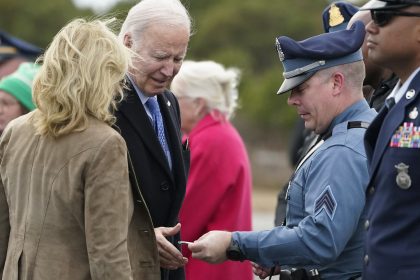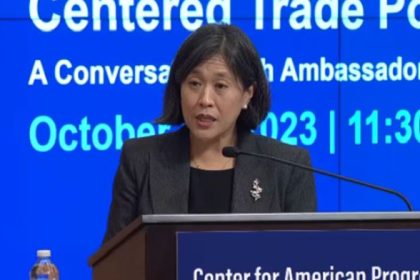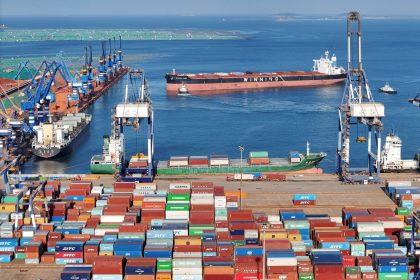US Advances First USMCA Dispute Panel Over Canadian Dairy Practices

WASHINGTON – The United States has requested the first ever dispute panel to settle a trade conflict under the United States-Mexico-Canada Agreement, U.S. Trade Representative Katherine Tai announced Tuesday.
The United States is challenging Canada’s allocation of dairy tariff-rate quotas, specifically the set-aside of a percentage of each dairy quota exclusively for Canadian processors.
This practice undermines the ability of American dairy exporters to sell a wide range of products to Canadian consumers, the trade representative’s office said.
This is the first time any of the three trade partners have requested that a dispute panel be formed. Under Chapter 31 of the USMCA, the panel is automatically established upon delivery of the request.
Under the timeline provided in the USMCA, which replaced the NAFTA trade agreement last year, the panel is expected to issue a report on the dispute later this year.
“A top priority for the Biden-Harris administration is fully enforcing the USMCA and ensuring that it benefits American workers,” Tai said in a written statement. “Launching the first panel request under the agreement will ensure our dairy industry and its workers can seize new opportunities under the USMCA to market and sell U.S. products to Canadian consumers.”
A tariff-rate quota applies a preferential rate of duty to an “in-quota” quantity of imports and a different rate to imports above that in-quota quantity.
Under the USMCA, Canada has the right to maintain 14 TRQs on dairy products: milk, cream, skim milk powder, butter and cream powder, industrial cheeses, cheeses of all types, milk powders, concentrated or condensed milk, yogurt and buttermilk, powdered buttermilk, whey powder, products consisting of natural milk constituents, ice cream and ice cream mixes, and other dairy.
In notices to importers that Canada published in June and October 2020 and May 2021 for dairy TRQs, Canada sets aside and reserves a percentage of the quota for processors and for so-called “further processors,” which the United States says is contrary to Canada’s USMCA commitments.
This restriction undermines the value of Canada’s dairy TRQs for U.S. farmers and exporters by limiting their access to in-quota quantities negotiated under the USMCA.
The parties held consultations on the dispute last December, but failed to come to any resolution.
This panel request is just the most recent in a series of enforcement actions the United States has taken under the USMCA.
On May 12, the United States made the first-ever request under the USMCA Facility-Specific Rapid Response Labor Mechanism – specifically, a request that Mexico conduct a review of whether a Denial of Rights is occurring to workers at the General Motors de México facility in Silao, State of Guanajuato.
Earlier this year, Ambassador Tai requested Mexico’s cooperation under the bilateral Environment Cooperation and Customs Verification Agreement between the United States and Mexico and Mexico agreed to work jointly with the United States on an environmental enforcement matter.
Of the dairy dispute, Agriculture Secretary Tom Vilsack said the trade representative’s request “is an important step for American agriculture, and one that brings the U.S. dairy sector closer to realizing the full benefits of the USMCA.
“Ambassador Tai’s action today will help ensure that Canada upholds its commitments under the USMCA and puts our other agricultural trading partners on notice that they must play by the rules. I am hopeful of a swift resolution that allows Canadian consumers access to high-quality U.S. dairy products and delivers the economic opportunities promised under USMCA to U.S. dairy farmers,” Vilsack said.























